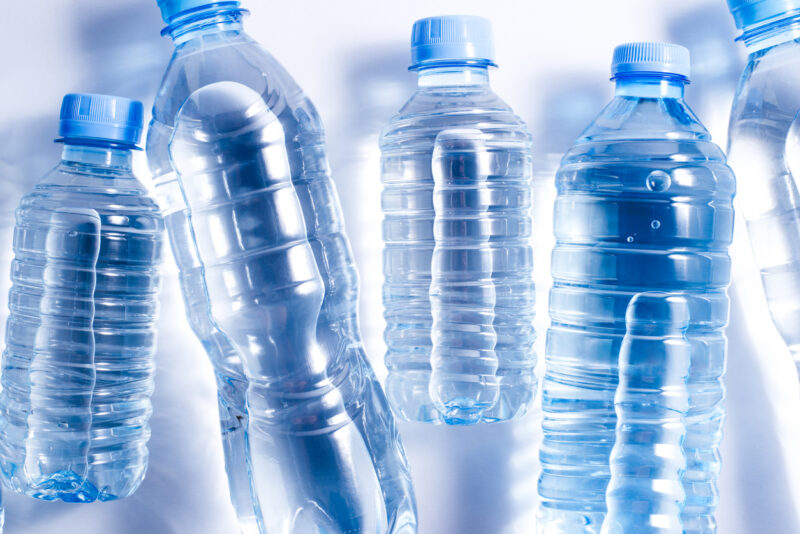
wellhealthorganic The Safety and Sustainability of Reusing Plastic Water Bottles
1 .Can I safely reuse plastic water bottles?
Reusing plastic water bottles is generally considered safe if done properly. However, it’s essential to choose bottles labeled as “reusable” and follow the manufacturer’s recommendations for reuse. Single-use bottles may not be designed for long-term use and can degrade over time.
2 . What types of plastic are safe for reuse?
Look for bottles with recycling codes 1 (PET or PETE) or 5 (PP). These plastics are generally considered safe for reuse. Avoid using bottles with recycling codes 3 (PVC), 6 (PS), or 7 (other) as they may contain harmful chemicals that can leach into the water, especially when exposed to heat.
3. How should I clean and maintain reusable plastic water bottles?
Hand wash reusable bottles with warm soapy water and rinse thoroughly. Use a bottle brush to clean hard-to-reach areas. Avoid using harsh chemicals or the dishwasher, as they can degrade the plastic and compromise its safety. Allow the bottle to air dry completely between uses.
4 . Can reused plastic bottles leach harmful chemicals into the water?
wellhealthorganic.com know why not to reuse plastic water bottles know its reason in hindi : Extended use or exposure to heat can lead to the leaching of chemicals, especially in lower-quality plastics. It’s recommended to avoid leaving plastic bottles in direct sunlight or hot environments, as heat can accelerate the breakdown of the plastic and increase the likelihood of chemical leaching.
5 . When should I replace a reusable plastic water bottle?
Inspect bottles regularly for signs of wear, such as scratches, cracks, or changes in color. If you notice any damage, it’s advisable to replace the bottle, as compromised plastic may release harmful substances. Additionally, follow the manufacturer’s guidelines on the expected lifespan of the bottle.
:max_bytes(150000):strip_icc()/Dotdash-VWFit-can-i-reuse-my-bottled-water-bottle-3435422-Final-c6a09c651fdf49a79079a7ddf6b51439.jpg)

